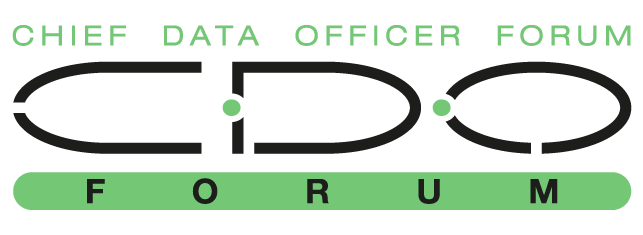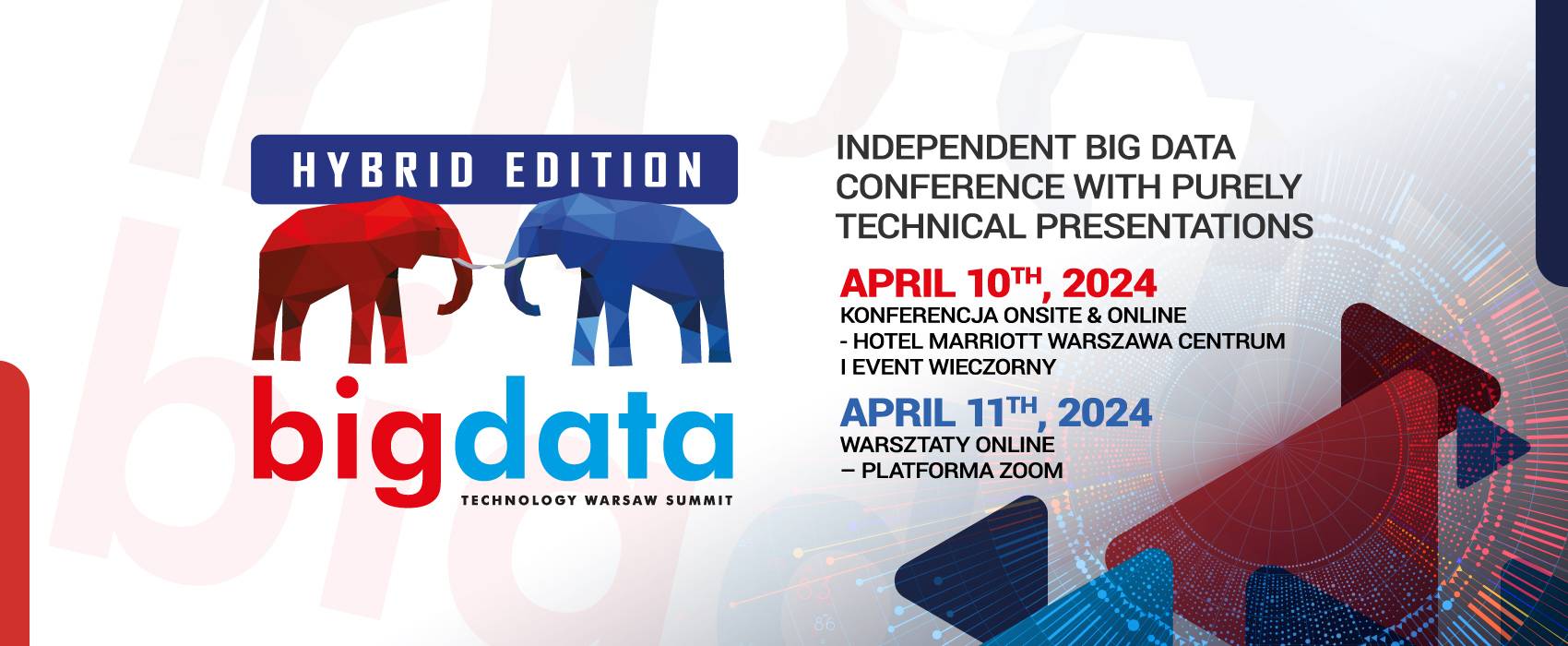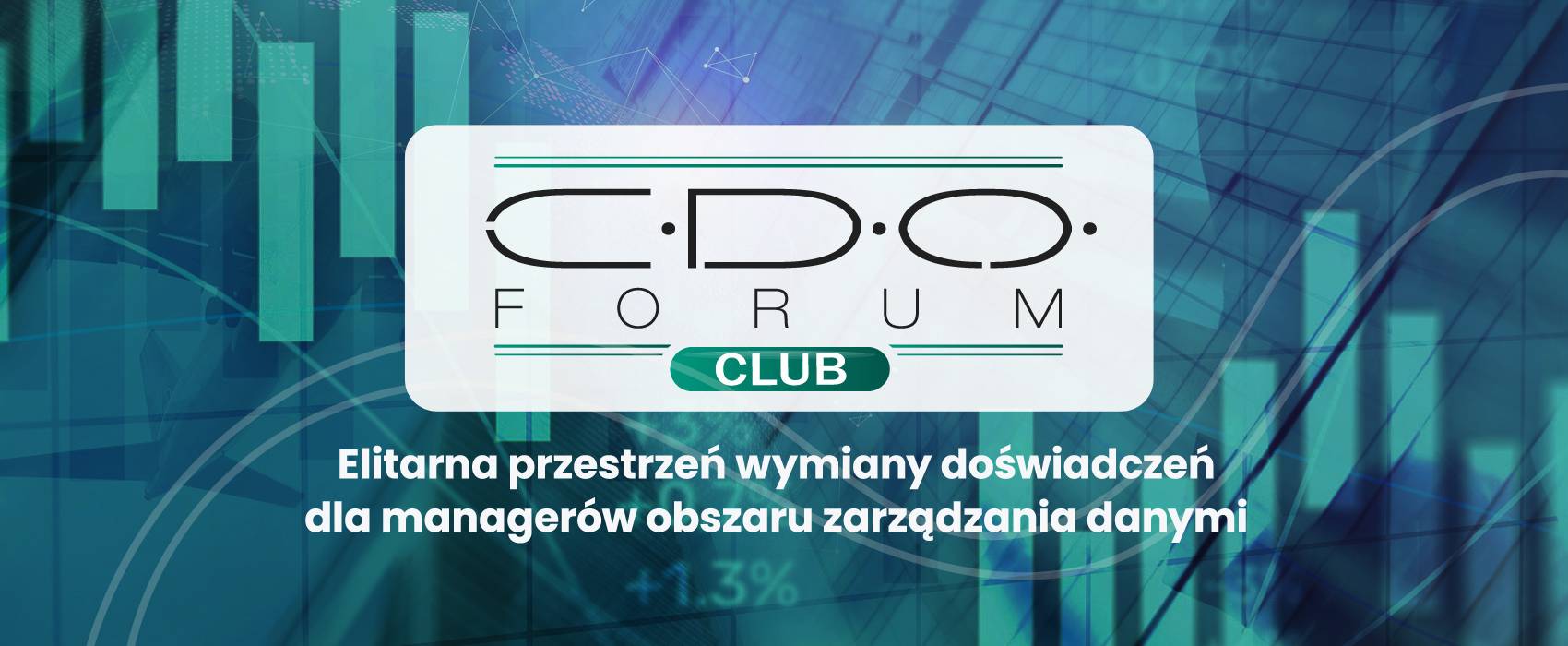Paweł Bober
Procter & Gamble

CDO Forum to miejsce wymiany doświadczeń dla profesjonalistów od danych, którzy w swoich organizacjach chcą być partnerami dla działów biznesowych – stając się liderami wprowadzania innowacji i transformacji cyfrowych.
Wracamy do pełnej formuły CDO Forum – łącząc w jednym wydarzeniu pespektywę Data Governance i Management z obszarem analityki i budowania wartości w oparciu o dane. CDO Forum od 11 lat gromadzi tych, którzy chcą zmieniać swoje organizacje za pomocą właściwego wykorzystani danych.
Dane to dzisiaj fundament, który warunkuje rozwój firm. Jego stabilność wymaga dojrzałego Data Managementu i wpisania danych jako zasobu strategicznego do strategii biznesowych.
Za tym idą jakość danych, budowa odpowiednio wysokiej kultury zarządzania informacją, dojrzałe procesy Data Governance, wyrafinowana analityka i Data Science pozwalające na odkrywanie prawdziwych insight’ów, a także rozumienie, że dane to sprawa, za którą biznes musi wziąć za odpowiedzialność.
Budujmy wspólnie społeczność profesjonalistów od danych. To misja konferencji CDO Forum.
Konferencja jest organizowana przez Evention oraz DAMA Poland.
Dobrze wykorzystacie czas:
wszystkie poprzednie edycje konferencji były bardzo dobrze ocenione przez uczestników – pod względem organizacji, doboru prelegentów i jakości agendy
Skupicie się na tym, co jest dla Was najważniejsze:
to jedyna tak sformułowana konferencja – nakierowana na strategiczną rolę danych w organizacji i wszystko co z tej roli wynika
Wysłuchacie znakomitych prezentacji:
nad agendą spotkania czuwa doświadczona Rada Programowa, złożona z prawdziwych praktyków z dużych organizacji – co daje gwarancję wysokiego poziomu merytorycznego CDO Forum
Grono prelegentów to doświadczeni eksperci w swoich obszarach
to gwarancja najwyższej jakości wiedzy popartej praktyką
![Do-stron-11[1]](https://cdoforum.pl/wp-content/uploads/2023/01/Do-stron-111-300x300.png)
![mariola11[1]](https://cdoforum.pl/wp-content/uploads/2023/01/mariola111-300x300.png)


Renaissance Warsaw Airport Hotel
Żwirki i Wigury 1H, 00-906 Warszawa





5-6 cze, 2024
www.cdoforum.pl
Evention sp. z o.o
Rondo ONZ 1
Warszawa, Polska
www.evention.pl
Weronika Warpas
m. +48 570 611 811
e: weronika.warpas@evention.pl
© 2024 | Strona korzysta z plików cookies. Przeglądanie strony oznacza akceptację.

